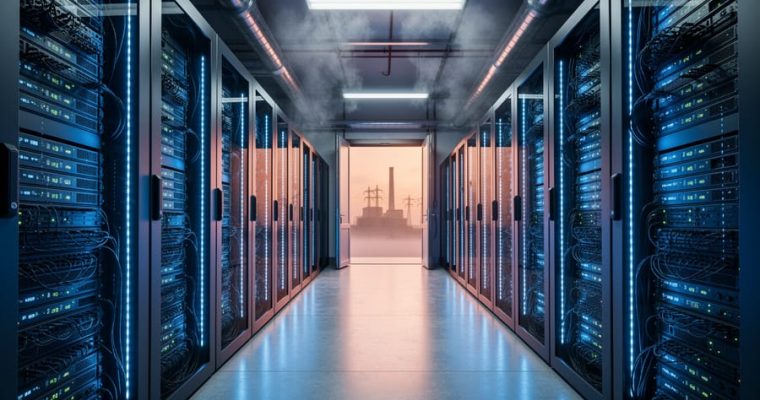The Environmental Cost of AI Nobody Talks About (And What’s Being Done to Fix It)
Every time you ask ChatGPT a question, you’re leaving an environmental footprint equivalent to charging your smartphone multiple times. Behind the sleek interfaces of AI assistants and machine learning models lies a sprawling infrastructure of data centers consuming massive amounts of electricity and water, contributing significantly to carbon emissions. The environmental toll of AI presents a paradox: the same technology promising to solve climate change through predictive modeling and resource optimization is itself an accelerating contributor to environmental degradation.
…










